ETH Power Balancing
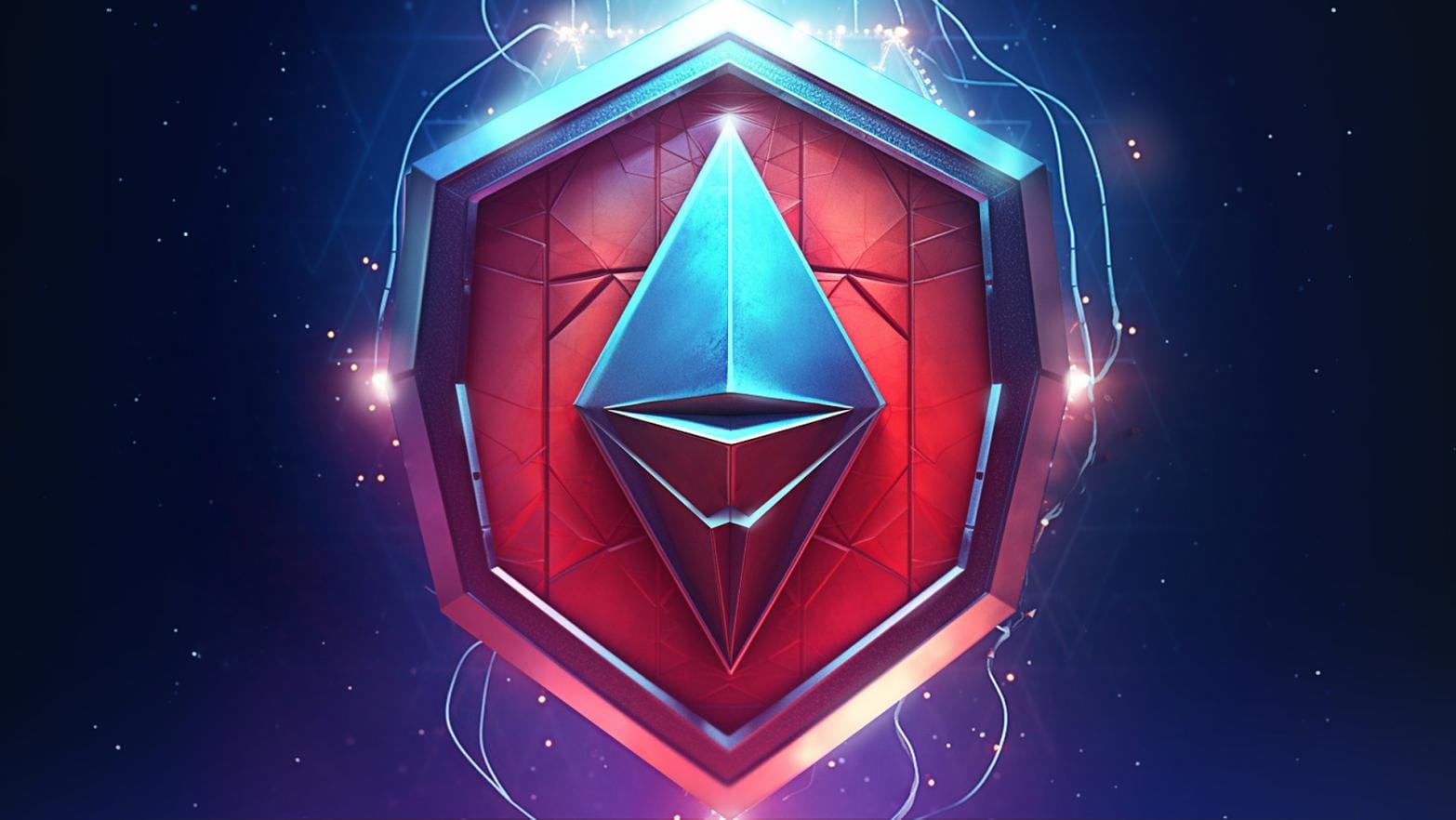
Dear Bankless Nation,
Protecting the neutrality and fairness of the Ethereum network is a constant balancing act.
Today, we're taking a look at a major effort to make Ethereum more censorship resistant while restructuring the power dynamics of its validator set.
- Bankless team
Balancing Power in Block Building
Bankless Writer: Paul Timofeev
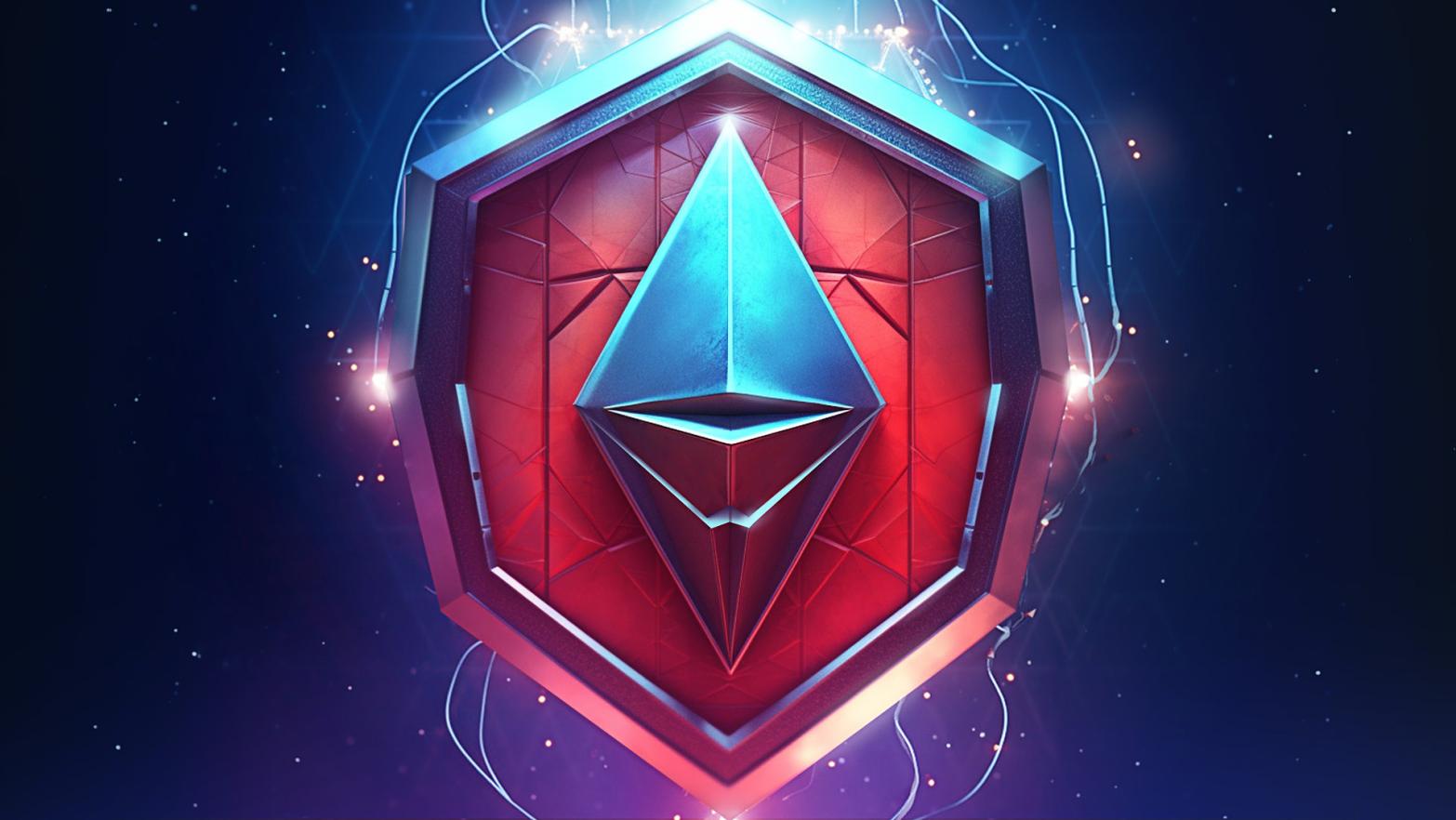
Under the hood of the bustling Ethereum cryptoeconomy are some ugly realities around how blocks get built. Whether it be MEV incentive centralization or censorship capabilities, certain validators have an awful lot of power today.
Ethereum's developers are keeping a close eye on the existing incentives that centralize this power, and while it's a complicated problem, they've got some ideas on how to push things forward to keep the network safe, fair and neutral.
🤖 Validator Problems
To achieve Ethereum's vision of providing a global settlement layer as a public good, a couple rising issues need to be tackled: centralized distribution of MEV rewards and transaction censorship.
For a refresher, MEV refers to the extraction of economic value from the blockchain's transaction order flow, which is where millions of transactions are submitted daily to the public mempool.
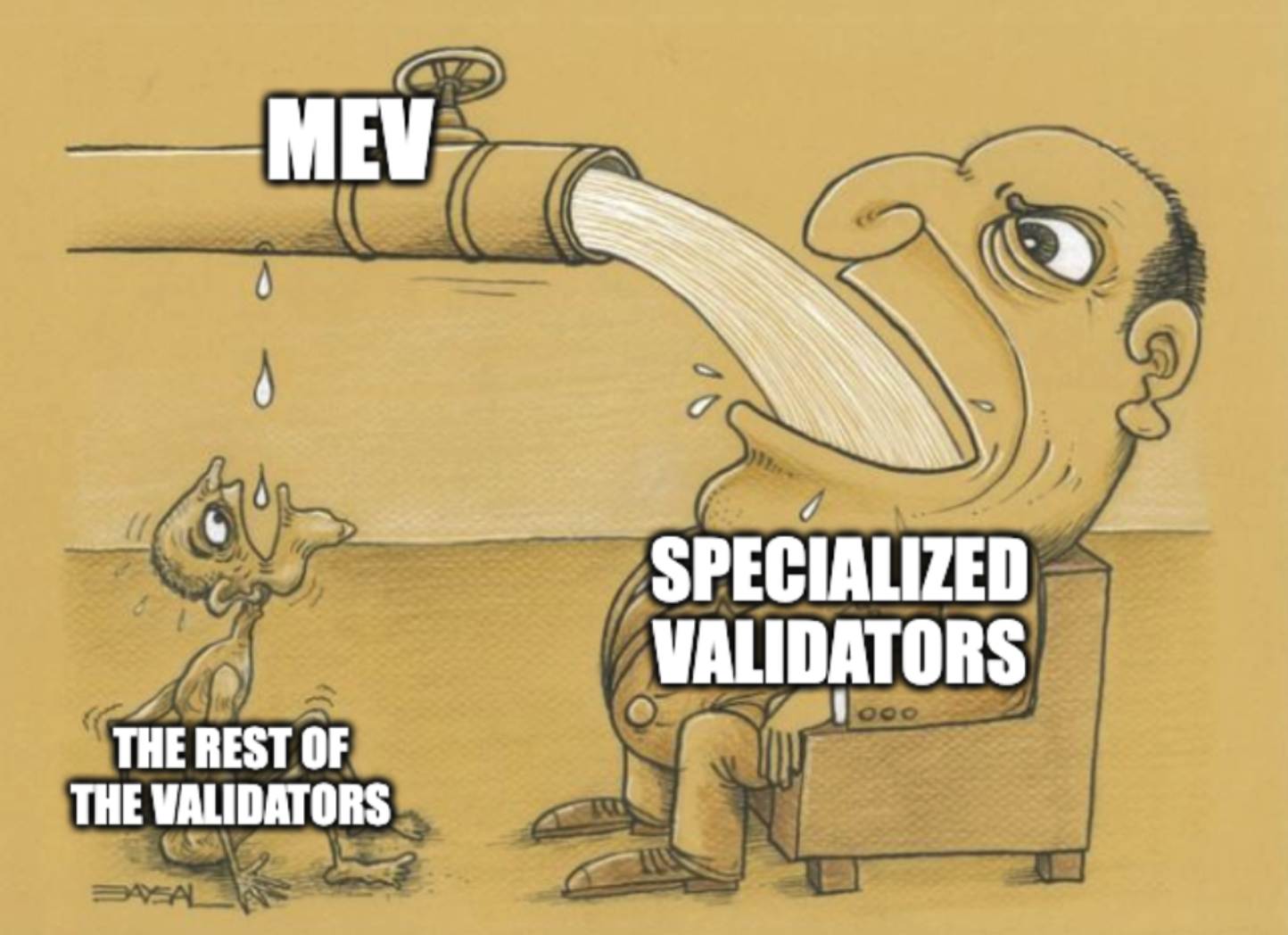
Block builders compete to reorder the flow of these transactions in order to extract the highest value. Block building is a computationally heavy operation that favors specialized entities that can extract financial value from blocks beyond what a normal validator can. This creates an inherent centralization vector as these validators will accrue more rewards than their competitors, allowing them to spin up new validators at a faster rate to capture a larger proportional share of network rewards.
Researchers ideally want this MEV to be distributed in a way where validators are not required to be expert block builders in order to receive their share of validator rewards, and can equally participate in the upside from staking rewards.
The other primary concern with MEV today is transaction censorship. Today, validators hold the power (and even regulatory obligation) to blacklist and exclude certain addresses from the public mempool, ensuring no transactions from those addresses are added to blocks and successfully completed – recall last summer when the U.S. Treasury sanctioned Tornado Cash, and many transactions from the protocol were blacklisted by block builders.
These are some dangerous problems and it's easy to see why Ethereum's developers are looking for solutions.
💡 A Solution
To restructure the power balance of block building, researchers have been looking at Proposer-Builder Separation (PBS). The concept is quite simple. As its name suggests, PBS separates the block production process between two distinct groups – block builders and block proposers.
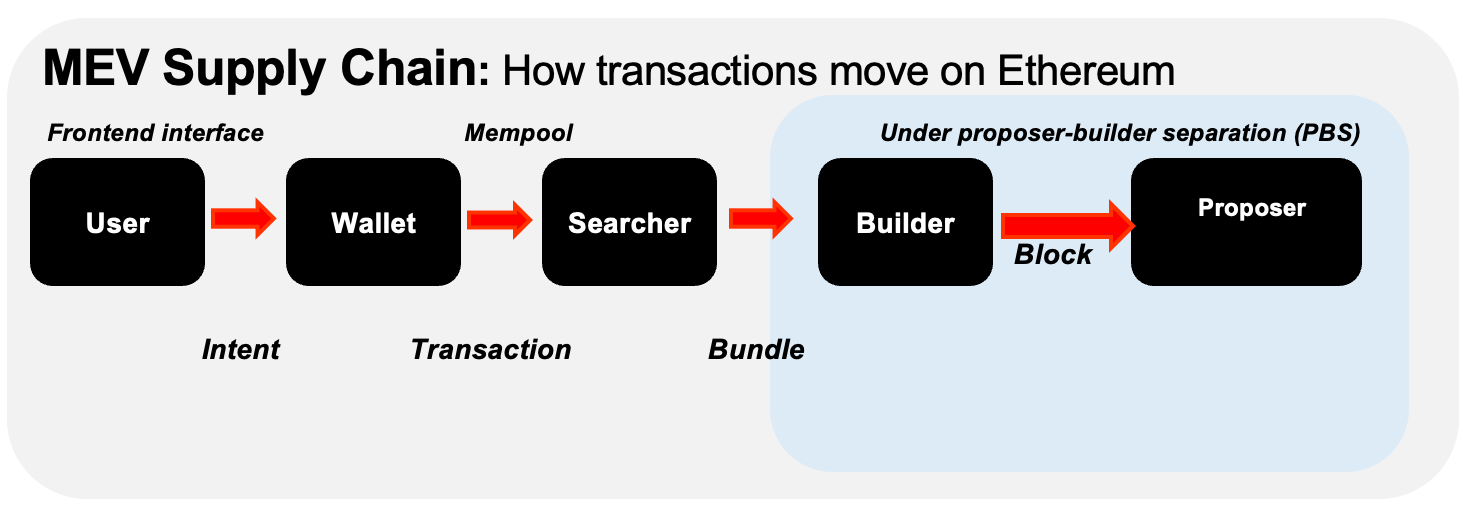
Under PBS, block builders are responsible for compiling a bundle of ordered transactions from the mempool, then submitting this bundle with a bid to a block proposer. Block proposers are then responsible for selecting the bundle with the highest bid, and sending this to the new block, thus completing the transaction.
Proposers will crucially not be able to see any of the block’s contents, including gas fees paid, until after the block has been added. PBS ties the hands of block proposers from reordering transactions for their own gain and censoring transactions.
Furthermore, PBS significantly reduces the computational power required for validators to process and verify transactions, making participation in the block production process more accessible for individual home stakers and smaller entities. All good things!
Go direct to DeFi with the Uniswap mobile wallet. Buy crypto on any available chain with your debit card. Seamlessly swap on Mainnet and L2s. Explore tokens, wallets and NFTs. Safe, simple self-custody from the most trusted team in DeFi.
⏰ Where are we now?
While PBS is still in an active state of research, alternative solutions like Flashbots are already around to help level the playing field for validators.
Flashbots is a research organization actively leading the fight to decentralize the financial benefits of MEV with a variety of tools and infrastructure available for public use.
Its most popular tool is the MEV-boost relay. Relays are off-chain networks which are built to connect block builders with proposers. MEV relays can be thought of as an off-chain version of PBS - they allow coordination between proposers and builders in the block production process. However, solutions like Flashbots are not long-term fixes as they do not exist on-chain, raising unique centralization and censorship risks even as they address some existing ones.
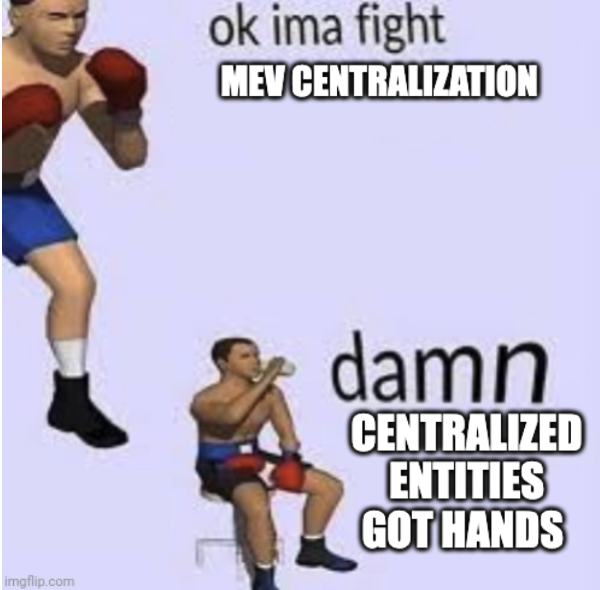
When researchers think about the ideal future of MEV, the concept of the “MEV Utopia” often pops up, framing an MEV economy in which decentralized block production is a norm among blockchains and all MEV generated is returned to users. Yes, perfect utopias are generally not attainable, but they do serve as valuable guiding principles.
Realistically, PBS will take another few years before we see any major rollouts, and although the road to implementation is not an easy one, PBS will mark a crucial milestone in achieving a more decentralized, secure, Ethereum network.
Action Steps
⚫️ Try Consensys Diligence Fuzzing for free today! ⚫️
